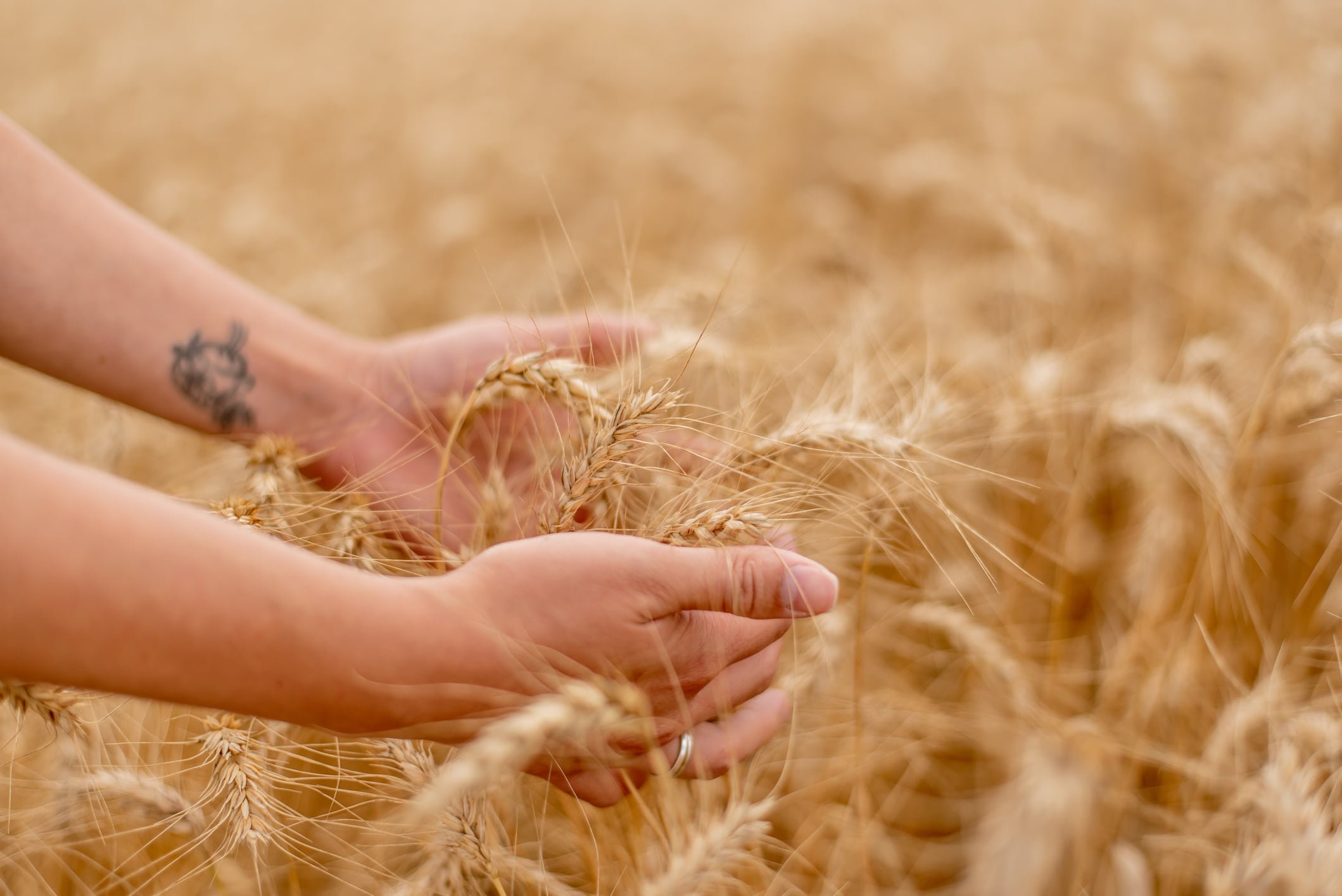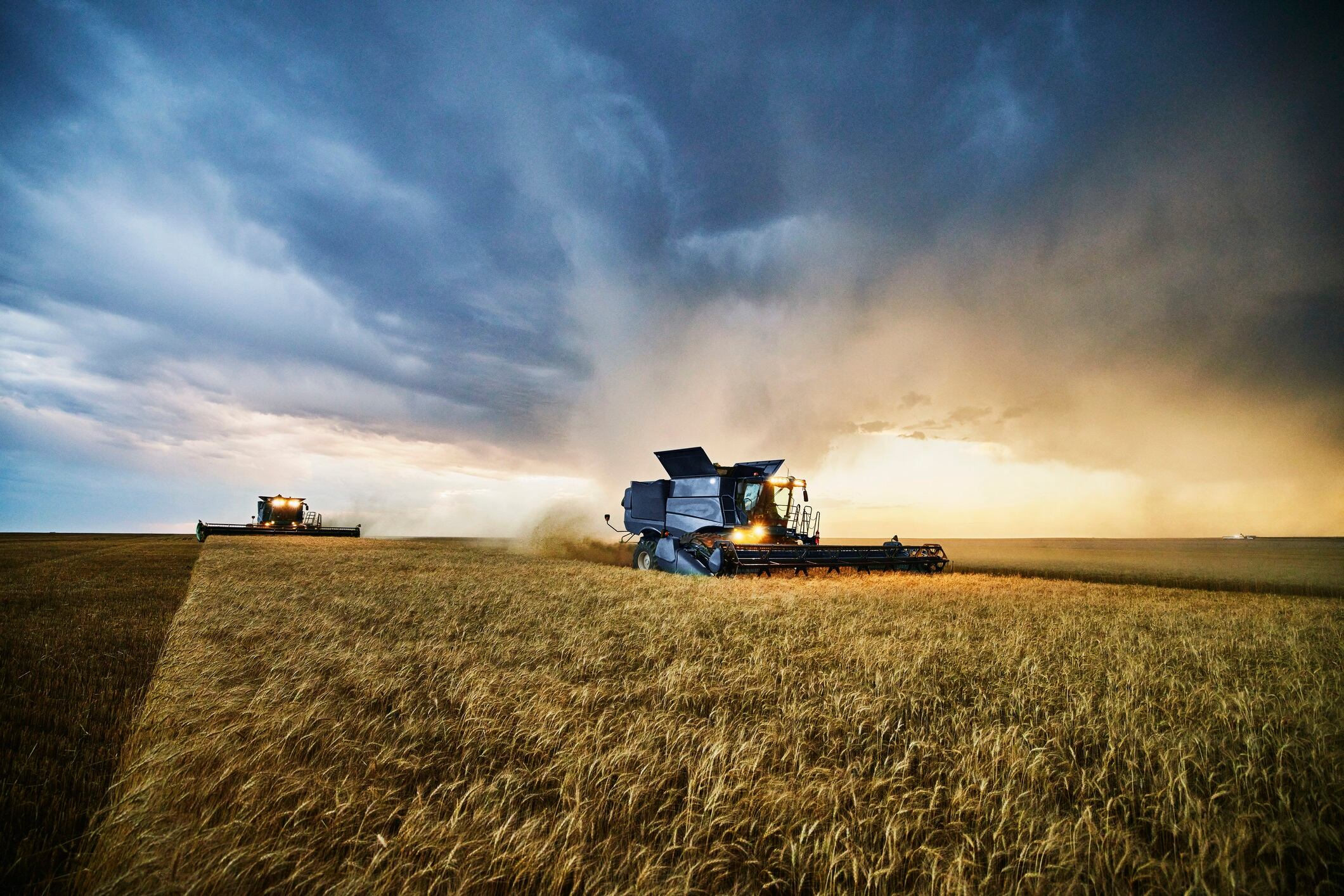Future food security is under significant threat.
Rising global temperatures, historic droughts and biodiversity loss are placing crops at risk and spiking commodity prices.
The first signs of this can be seen in the struggles of climate-sensitive plants such as corn, cocoa, coffee and sugar, which have all seen yields drop and prices rise over the past 12 months.
As a result, the food and beverage industry is shifting focus heavily towards shoring up supply chains, as changing weather patterns increasingly threaten supplies, endangering the lives of current and future generations.
While many may see this as a contradiction in terms, one of the best ways to do this is by utilising modern technology. Or more specifically, artificial intelligence (AI).
Why does this seem like a contradiction? Well, because AI has come under heavy criticism for its sky high energy usage, which in turn contributes towards the climate change that is jeopardising crops in the first place.
“AI’s thirst for power has always been strong,” say Christian Keller, William Thompson and Akash Utsav in Barclays AI energy report. “It is often cited that AI queries require about ten times the electricity of a traditional search over the web. And aggregate demand seems bound to rise further, as more and more companies look to exploit advantages that AI can bring.”
However, while this may be true, AI also has the potential to bring about the changes needed to help make food production more sustainable and support crop success.

How can AI protect food security?
Food and beverage is getting creative in its use of AI to strengthen sustainability. From efficient planting layouts on farms, to identifying production inefficiencies in factories, it’s proving itself a useful addition to the industry.
In fact, major food and beverage brands, including Unilever, Coca-Cola, Mars, PepsiCo and Kraft Heinz, are all pumping investment into AI, to leverage its potential benefits across all areas of production. Though there’s a strong possibility that investment will be returned through the efficiency it ultimately provides.
But perhaps one of the biggest ways AI has potential to support manufacturers and protect food security is through supply chain risk assessments.
New technologies are being developed to inform food and beverage brands on where to buy their supplies from and areas that could prove too high risk. Or, to put it bluntly, where crops are expected to fail.
“Extensive heat, droughts, hurricanes and unpredictable weather patterns have become the new normal, dismantling the growth and production of crops globally,” says Jon Davis, chief meteorologist at Everstream Analytics.
“As organisations struggle to grapple with intensifying climate changes, understanding where and when harvests could be impacted has become paramount, not only for major food and beverage organisations, but for the people and businesses who rely on these products.”
But it’s not just about manufacturers being able to source materials. These technologies also have the potential to catch a crop before it fails.
“If a crop is being stressed by heat and dryness, and it is expected to continue, irrigation if available can help to mitigate some of the risk,” says Davis.
Having said that, it’s expected that some crops will need to be permanently relocated as current growing regions become unviable.
“More extreme weather events will force crops to move,” says Peter Wortsman, partner at European Food and Farming Partnerships (EFFP). “For example, coffee will be increasingly grown at higher altitudes. And southeast England will be more conducive to growing champagne grapes than the Champagne region itself.”
Crop risk assessments will help manufacturers and growers to quickly identify crops that are being stressed by extreme weather conditions, and which could result in poor quality harvests or fail altogether. It will also help industry and governments gain a true long-term picture of food security to enable informed planning.
“This information gives early indications of food security and ‘hot spots’ that may become problematic in the coming months or years,” says Everstream Analytics’ Davis.
Global Food Tech Awards 2025
Are you a food and beverage innovator? Enter the Global Food Tech Awards to gain global recognition for you and your brand.
Free entry: Global Food Tech Awards 2025


